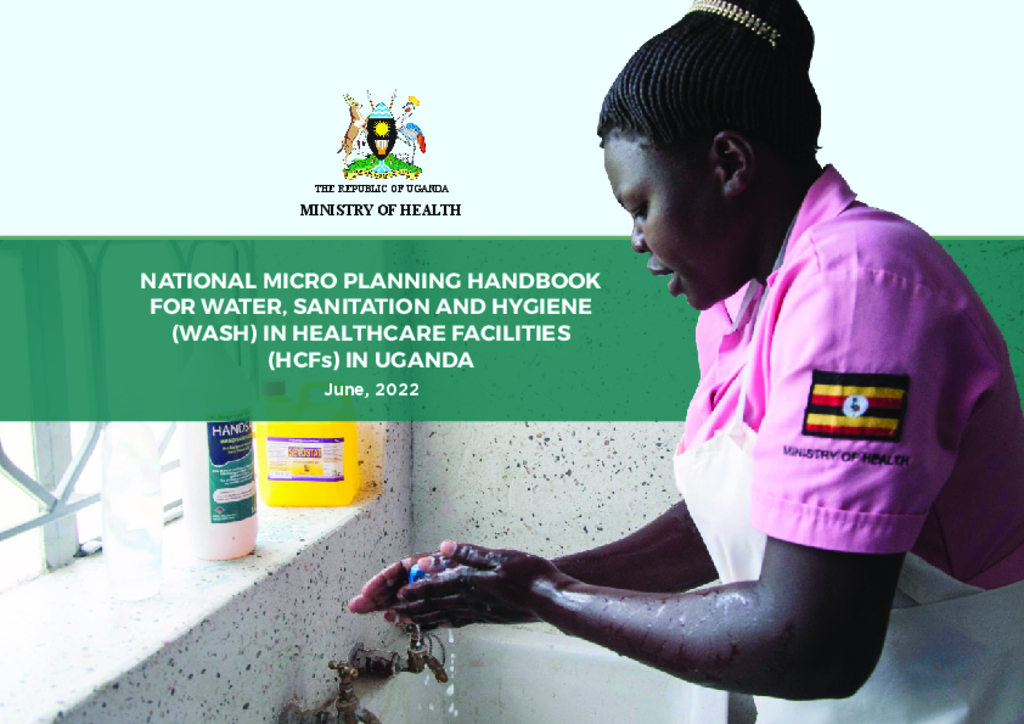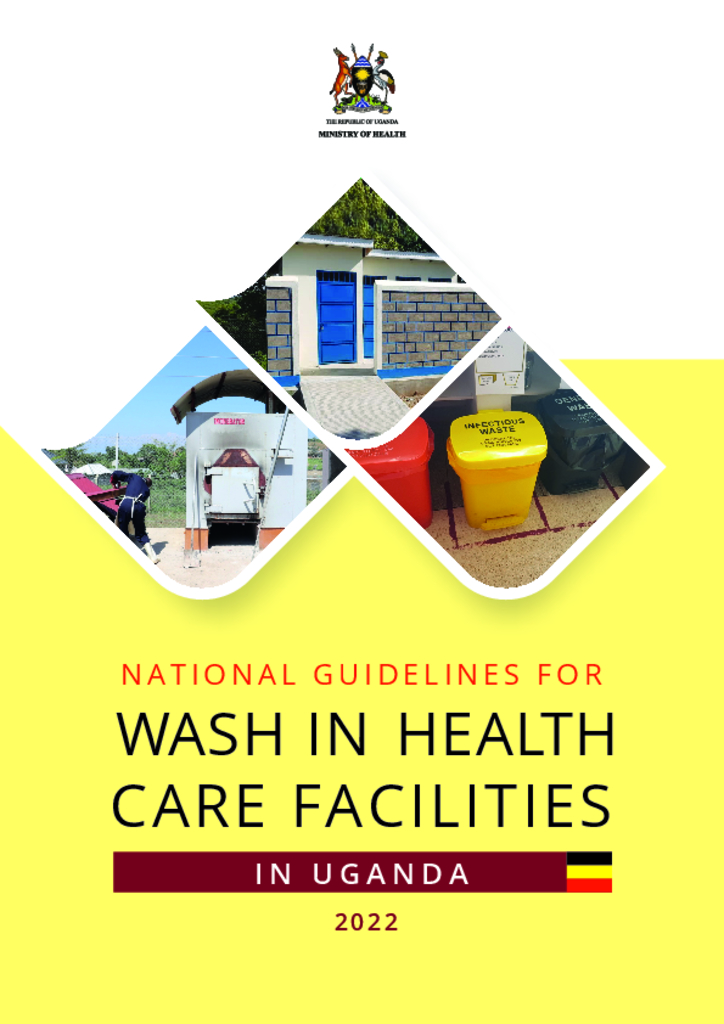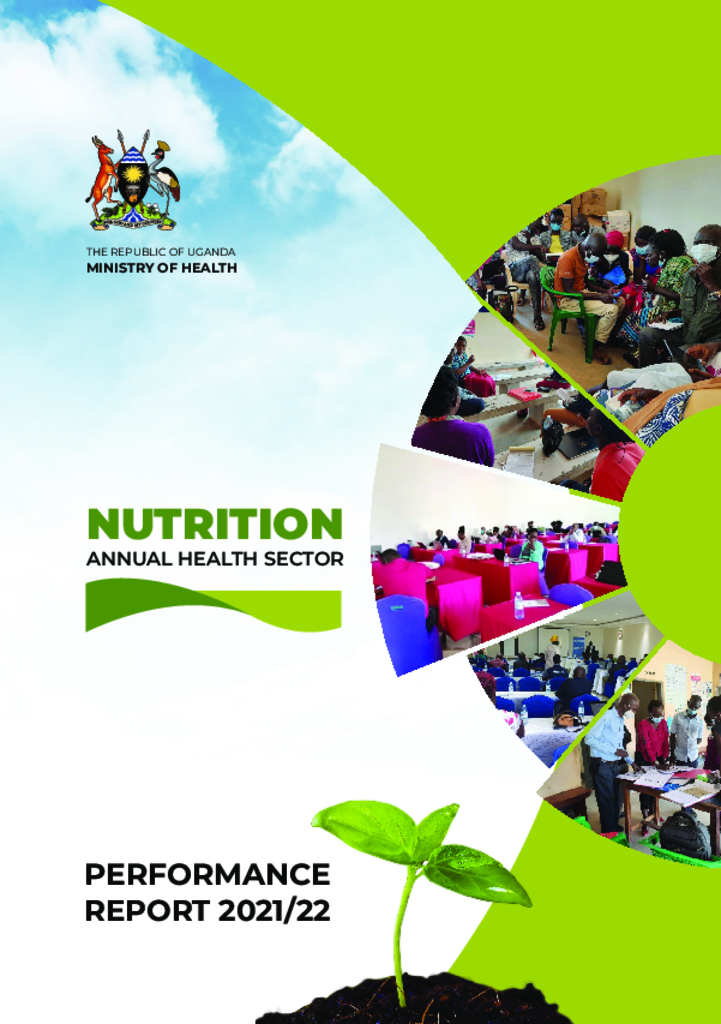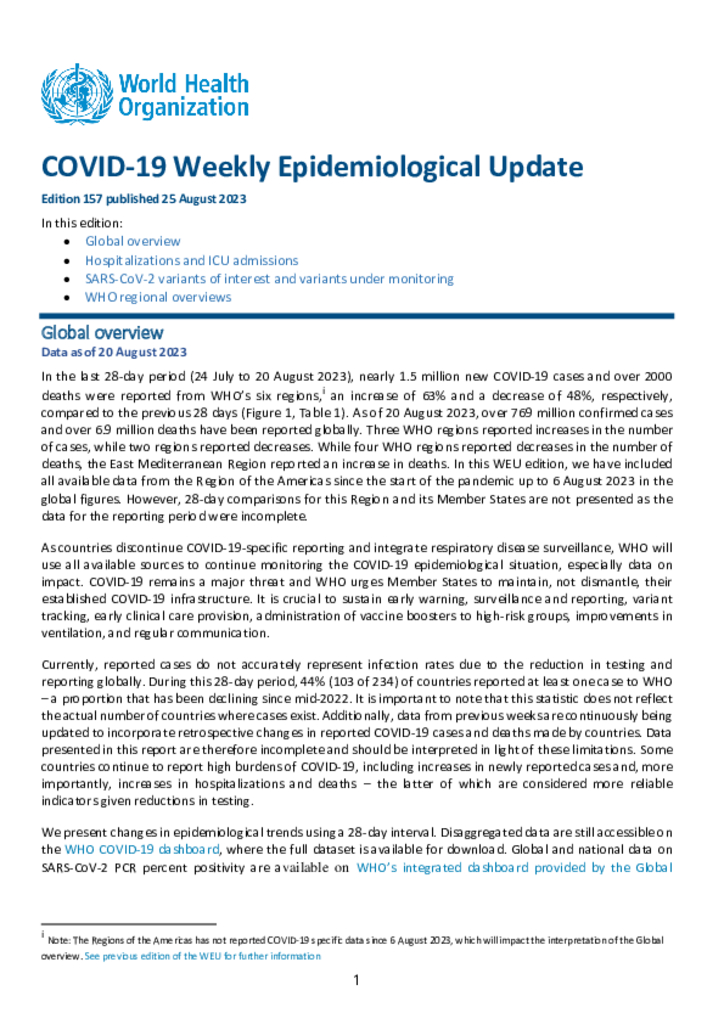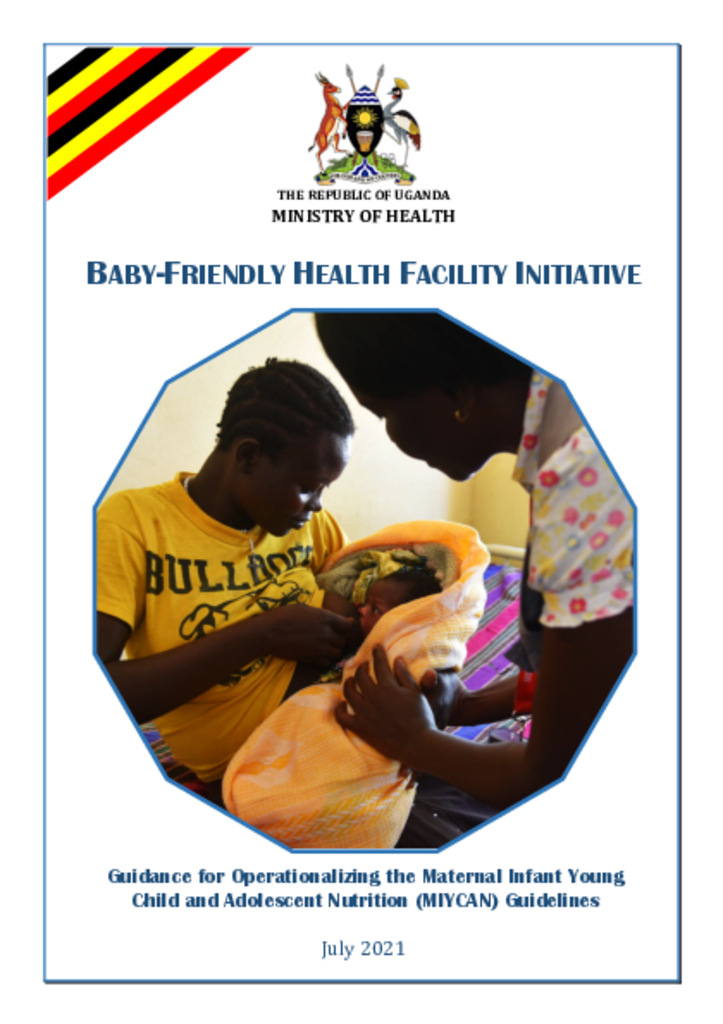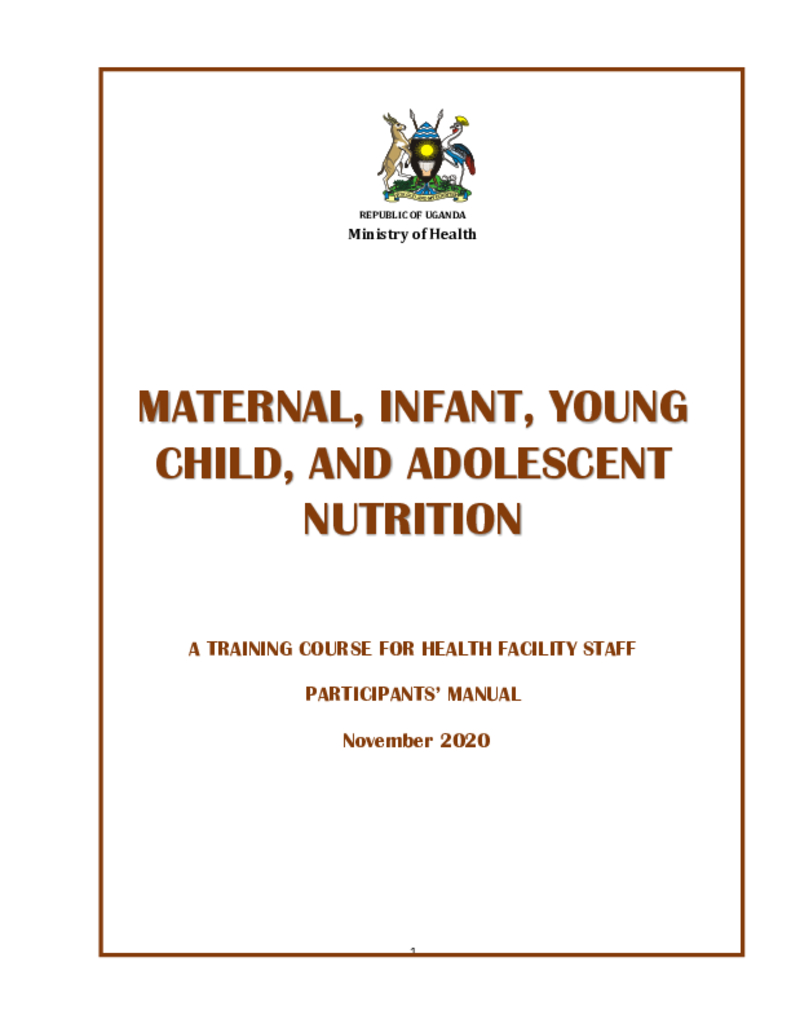The Ministry of Health recognizes that access to safe water, sanitation and hygiene (WASH) in health facilities is critical in the reduction of diseases, improved occupational health, more efficient health care services, improved staff morale and performance. The micro planning data generated will guide line ministries, local government authorities and development partners to position WASH in the health care facilities agenda within the Water and Health sectors. Additionally, it will support the development of a roadmap for achieving WASH-related sustainable development goals for health institutions.
The Sustainable Development Goals (SDG) 3 and SDG 6 reinforce the need to ensure adequate WASH services, which will result in a reduction in maternal mortality, ending preventable newborn deaths, and providing quality universal health coverage. The rationale of the WASH guidelines is to document procedures and provide a framework for strategic planning, implementation of functional and effective WASH services in healthcare facilities in Uganda. These guidelines offer a basis for creating the minimum conditions required for providing healthcare services in a healthy environment for healthcare workers, patients and visitors to the healthcare premises. They also serve as a tool for monitoring the performance of WASH in health care facilities.
The nutrition annual performance report 2022/23 highlights the progress made by the Division’s objectives, challenges, lessons learnt and proposes mechanisms for improvement. The report presents the performance on key nutrition indicators stated in the Ministry of Health’s Nutrition M&E framework which is aligned to relevant nutrition policy documents such as the Uganda Nutrition Action Plan (UNAP), National Development Plan (NDP) III, NDP III Programme Implementation Action Plan (PIAP), and. The report used data from the previous financial years to develop trends. The compilation process was participatory with involvement of all key members of the nutrition technical working group.
The Ministry of Health through the nutrition division is responsible for fast-tracking efforts to reduce the burden of malnutrition in the country and contribute to the wellbeing and national development of the country. This report provides a summary of the status and progress on key nutrition indicators in FY 2021- 2022 in Uganda, although data from previous periods 2020/21 is used to contextualize data for trend analyses.
As countries discontinue COVID-19-specific reporting and integrate respiratory disease surveillance, WHO will use all available sources to continue monitoring the COVID-19 epidemiological situation, especially data on impact. COVID-19 remains a major threat and WHO urges Member States to maintain, not dismantle, their established COVID-19 infrastructure. It is crucial to sustain early warning, surveillance and reporting, variant tracking, early clinical care provision, administration of vaccine boosters to high-risk groups, improvements in ventilation, and regular communication.
This document is a statistical report highlighting the performance of the key nutrition program indicators for the month of May 2023.
This document is a statistical report highlighting the performance of the key nutrition program indicators for the month of April 2023.
This document is a statistical report highlighting the performance of key nutrition program indicators for the month of March 2023.
The revised BFHI Guidance for Operationalising of the MIYCAN Guidelines is aligned to the global BFHI Implementation Guidance published in 2018 and contributes towards the attainment of the national and global nutrition targets. It is intended to provide the basis for the different stakeholders at national, regional, district, and sub-district levels to plan, implement and monitor interventions for protecting, promoting, and supporting breastfeeding.
The Nutrition Service Quality Assessment (NSQA 2021) Tool for health facilities is a result of
the revision and expansion of the Nutrition Service Delivery Assessment tool (NSDA 2015) into a
systems quality assessment tool for nutrition services at all health facility levels. The NSQA tool is specifically designed for both self-assessment (internally) and external assessment of the status and quality of nutrition services. It helps to monitor implementation and generate evidence to inform decisions related to planning for improving nutrition service quality within the health system. This assessment is to generate reliable information on the status and functioning of the health facility in providing nutrition care and support services.
The Government of Uganda has prioritized the nutrition of mothers, infants, young children and adolescents as reflected in the Maternal, Infant, young Child and Adolescent Nutrition (MIYCAN) Guidelines, 2021 and MIYCAN Action Plans, 2021-2025. Implementation of the Guidelines and Action Plans requires that key players have the correct knowledge, skills, and approaches to improve the nutrition of infants, young children, adolescents, and women of reproductive age including pregnant and lactating women.
The Ministry of Health and development partners have provided targeted nutrition interventions to selected districts and health facilities using the Nutrition Assessment, Counselling, and Support (NACS) approach in services for people living with HIV (PLHIV). The approach strengthens the capacity of the facility and community-based healthcare providers to deliver nutrition-specific services while linking clients to nutrition-sensitive interventions provided by the health, agriculture, food security, social protection, education, and rural development sectors.
